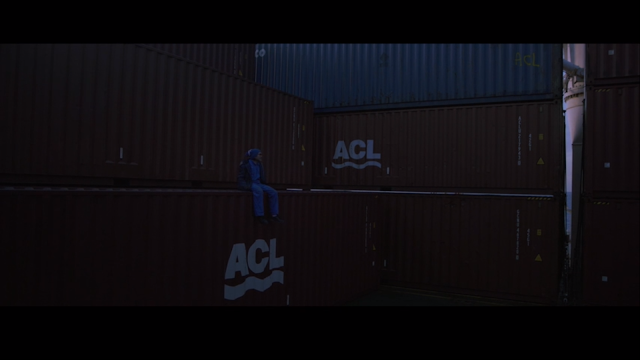Hostages is built on true events. In 1983 a group of young people attempted to hijack a plane to get to the side of the Black Sea, to Turkey. We get glimpses of Georgian everyday life: the underground market for Beatles LP's and American cigarettes. The omnipresence of KGB, the general distrust from the authorities. And of course the lack of mobility, where even a visit to East Germany is a priviledge. All this is a nuisance, but we don't see real oppression. Nobody seems to be in real danger to lose their lives, actually they seem to be better off than the average citizen in that society. Nevertheless they plan to hijack a plane.
In short, I don't see enough motivation for our protagonists to leave their families and careers behind. They appear unthinking. Their original plan fails, when they realize that they won't be the only passengers. Nevertheless they go through with their enterprise. They didn't know that the pilot is armed. The youthful folly becomes a deadly reality.
As a coda we see the staged reactions at the university of the co-students, demanding maximum punishment, even think that the parents deserve to be put on trial. The most tragic figure is a priest-to-be who is tricked to take the role of the spiritual mentor of the hijackers and who is sentenced to death. This is the only innocent victim.
Although this is an interesting look into the production of a new film nation, it is overall not rally satisfying.
5/10
In short, I don't see enough motivation for our protagonists to leave their families and careers behind. They appear unthinking. Their original plan fails, when they realize that they won't be the only passengers. Nevertheless they go through with their enterprise. They didn't know that the pilot is armed. The youthful folly becomes a deadly reality.
As a coda we see the staged reactions at the university of the co-students, demanding maximum punishment, even think that the parents deserve to be put on trial. The most tragic figure is a priest-to-be who is tricked to take the role of the spiritual mentor of the hijackers and who is sentenced to death. This is the only innocent victim.
Although this is an interesting look into the production of a new film nation, it is overall not rally satisfying.
5/10


















































